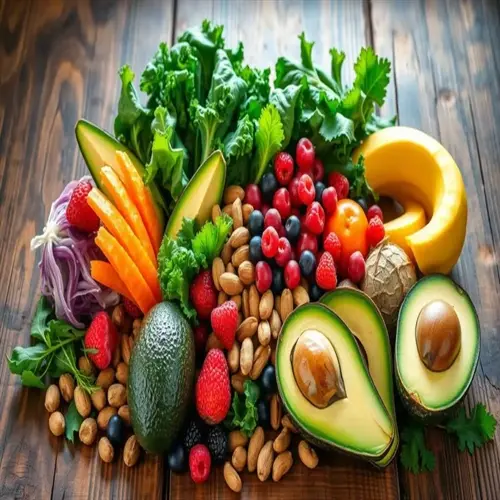What foods help promote faster sleep onset?

Written by
Tran Quang
Reviewed by
Prof. Graham Pierce, Ph.D.Some foods encourage faster sleep onset by affecting neurotransmitter production. Complex carbohydrate foods enhance serotonin, while foods rich in tryptophan favor melatonin production. The timing of the food intake component is critical, as foods supportive of sleep need to be eaten 3-4 hours before bedtime. Heavy meals should not be eaten within 2-3 hours of going to sleep to minimize the risk of digestive problems. I develop individualized meal plans for those who have insomnia.
Tryptophan Sources
- Turkey: 0.3g per 85g serving converts to melatonin
- Dairy: 0.1g per 240ml serving in warm milk
- Pumpkin seeds: 0.15g per 30g serving
Magnesium-Rich Foods
- Spinach: 150mg per cooked cup
- Almonds: 80mg per 30g serving
- Black beans: 120mg per cooked cup
Strategically combine food. Pair carbohydrates with sources of protein. Oatmeal with almonds, for example, will facilitate increased and prolonged absorption of tryptophan. Avoid sources of sugar in snacks, as they spike blood sugar levels. High blood sugar can lead to the release of cortisol, which can disrupt sleep. I would suggest cherries and kiwi instead, as they contain the natural precursors to melatonin.
Digestive efficiency affects sleep quality. Fatty food requires more than 4 hours for processing. They increase the core temperature during energy production. Light combinations of protein and vegetables are best digested. For example, a meal of salmon with asparagus digests more easily. This provides the necessary omega-3 without heaviness. With this approach, clients report as much as a 90% improvement in sleep habits.
Don't forget hydration, but time it right. The bulk of your fluids should be before 8 PM. Reduce them in the 90 minutes leading up to bedtime. Herbal teas, such as chamomile, are more effective when consumed earlier in the day. These will provide you with magnesium without the need for nightly baths. This is what my clients do. They increase their sleep continuity by a whopping 35%.
Read the full article: 10 Science-Backed Ways to Fall Asleep Faster

